After difficulties conceiving and a failed round of IVF, Jessica Egan and her husband had been overjoyed when they learned they were expecting. However, 11 weeks into their parenting journey, a blood test revealed that the little girl growing inside Jessica was positive for Trisomy 21. Down syndrome.
Image credits: Jessica Young Egan
Image credits: oursweetgwendolyn
“When we decided to have a baby, of course, we hoped that it would happen right away,” Jessica told Bored Panda. “When it didn’t, we found that it was easier to bear because there are so many resources available for people who are struggling to get pregnant. I joined a local infertility support group and made a lot of great friendships with other ladies going through the same thing. When our first round of IVF failed, it was disappointing, but we decided not to get discouraged and to keep trying. It was from our second attempt at IVF that our special kid was born.”
Image credits: oursweetgwendolyn
Image credits: oursweetgwendolyn
“We found out when I was 11 weeks pregnant that our unborn baby had been diagnosed with DNS. At first, we were devastated, but it was because we didn’t have any experience with Down syndrome, and it was something we were not expecting at all. We grieved very deeply for about three days, and then my husband and I decided that we wanted to educate ourselves so that we could be happy and look forward to the birth of our special needs baby.”
And that was when things began to change. Jessica and her husband contacted their local Down syndrome foundation and started educating themselves about the genetic disorder that roughly 1 in every 700 babies are born with. The exact number varies depending on the region, though. For example, as Down Syndrome Australia notes, the number is closer to 1 in 1,100 babies in their area.
“Education was the biggest factor in changing our feelings about a child with Down syndrome,” Jessica added. “We realized that we simply didn’t understand this diagnosis because we didn’t know anyone with Down syndrome. It is natural to fear things that we don’t know or understand, so we reached out to people in our community that had such special needs kids, and we made some great connections. We began to see that this indeed was nothing to be afraid of and that instead, we were lucky for being chosen to have such a special and unique daughter.
Image credits: Jessica Young Egan
After spending two months raising their precious little daughter, Jessica wrote an incredibly sincere ‘review’ of her and posted it to Facebook:
“When I placed my order, I said, ‘Regular amount of chromosomes, please!’ That’s what everyone else got and what I wanted too. They called me shortly after my order was in production and said ‘Great news, we went ahead and upgraded you to extra chromosomes for free! You’ll receive the extra chromosomes with your completed order in 9 months.’ What?! I was mad!”
Image credits: oursweetgwendolyn
“All the other orders I had seen displayed via perfect Instagram posts did NOT have extra chromosomes. Well, I decided that receiving my order with extra chromosomes was better than not receiving an order at all, so I settled in to wait for this surprise upgrade to arrive. I have now had my order for two months and am writing this review to let others know the upgrade to extra chromosomes is amazing!! If offered, definitely take it! I posted some photos below of the finished product, and you can see the extra chromosome is so worth it – it is extra cute, extra special, and extra-ordinary! So much extra joy. Would purchase again for sure.”
Image credits: oursweetgwendolyn
Image credits: Jessica Young Egan
Her post has already received over 347,000 likes. “The feedback has been so full of positivity, love, and acceptance that it is overwhelming. I have heard from multiple people who also recently have had a baby with Down Syndrome but are still coming to terms with it and have been in a very dark place. Hearing that my post touched them so completely and helped heal them is humbling, and truly something I will honor for the rest of my life.”
Image credits: oursweetgwendolyn
There are, however, a few things that Jessica and her husband still need to figure out. “One of the biggest challenges so far as a parent is not knowing what to expect as far as growth milestones,” she said. “This is our first child, so we don’t have anything to compare it to, but we always still wonder how she’s doing and how she will continue to develop. As of now, however, she is developing extremely well and is very accepted by everyone around her. We also have a big support group of other new parents who have babies with Down syndrome and so we feel very lucky and supported.”
Image credits: Jessica Young Egan
Image credits: oursweetgwendolyn
“When you receive a diagnosis of Down syndrome it is scary simply because it is not what you expected. It is important to let yourself grieve and then realize that this is not bad, it is just different. But all children are different, and there are no guarantees that any child you have won’t suffer from some sort of illness or differences. Children with Down syndrome are more like other children than they are different, and it is important not to spend too much time grieving because in the end, you will be so in love with your child!”
Image credits: oursweetgwendolyn
Image credits: oursweetgwendolyn
Image credits: oursweetgwendolyn
What is Down syndrome?
As both parents pass their genes on to their children, these genes are carried in chromosomes. When the sells of the baby are developing, each cell is supposed to receive 23 pairs of chromosomes, for 46 chromosomes total. Half from the mother, and half from the father.
In children with Down syndrome, however, one of the chromosomes doesn’t separate properly. The baby ends up with three copies, or an extra partial copy, of chromosome 21, instead of two. This extra chromosome is what leads to problems as the brain and physical features develop.
There are three types of Down syndrome. Trisomy 21 (there’s an extra copy of chromosome 21 in every cell. This is the most common form of Down syndrome), Mosaicism (which occurs when a child is born with an extra chromosome in some but not all of their cells. People who have mosaic Down syndrome have fewer symptoms than those with Trisomy 21), and Translocation (with this type of Down syndrome, children have only an extra part of chromosome 21).
Image credits: oursweetgwendolyn
Image credits: oursweetgwendolyn
Image credits: Jessica Young Egan
Image credits: Jessica Young Egan
Image credits: Jessica Young Egan
Image credits: Jessica Young Egan
Image credits: Jessica Young Egan
To follow how the family’s doing, check out their Facebook and Instagram pages!
Image credits: oursweetgwendolyn
People have been relating to Jessica’s words in the sweetest ways
Love this family, love the review. But please dont romanticize special needs kids as angels among us
It belittles the fact that they face all the same struggles as nuerotypical and non physically challenged kids plus their disabilites. Their parents arent super-parents either, its a struggle. That daid i am glad that downs is no longer treated as a death sentence
Load More Replies...Yes she is cute and now that she is born, she should have all the love and care in the world. However, stating “We began to realize that Down syndrome was nothing to fear“ is just not true. Or at least one should also realize that people with down syndrome will never be able to take care of them selves. They often suffer from a lot of different conditions like heart problens, problems with the intestine, poor eyesight, problems with breathing while asleep because of an enlarged tongue etc etc. A downs syndrome person rarely gets older than 60. There is a reason why we scan for this condition - it is not only a question about accepting a berson with special needs.
Is it the numbers of years you spend on the planet or is it the quality of life, that makes life worth living? Downs is nothing to fear, but something you need to educate yourself about and accept, that is why we scan for it. Plus that we need to monitor the child more closely. And by the way, my autism leaves me in need of a lot of support from society, does that make my life less worth living? Scientist have said that the reason for that autism is as common as it it, is probably due to that we that have it tend to survive better during really hard times as we don't need other humans in the same extent as others and that we don't feel like we have to live by some idiotic rules set up by society. This planet is big enough for us all, people with downs will always be better persons than the rest of us. Have you ever heard about a nazi with downs?
Load More Replies...Whoever took the studio shots is awesome, great pics. When I was pregnant with my second I was 42. In the middle of planning various tests and whatnot, I was sleepless for a few nights wondering what would we do if there was something wrong. Out of nowhere a tiny voice said: you would never have an abortion. Which was right. I would take whatever baby popped out. He's good, he's 17 years old, and a great kid. I'm grateful that abortion is possible for all women who need it. I grew up when women were getting hacked up abortions in back alleys and were dying because they got septic. Safe, legal abortions: because I don't get to choose whether or not YOU should keep your baby.
Love this family, love the review. But please dont romanticize special needs kids as angels among us
It belittles the fact that they face all the same struggles as nuerotypical and non physically challenged kids plus their disabilites. Their parents arent super-parents either, its a struggle. That daid i am glad that downs is no longer treated as a death sentence
Load More Replies...Yes she is cute and now that she is born, she should have all the love and care in the world. However, stating “We began to realize that Down syndrome was nothing to fear“ is just not true. Or at least one should also realize that people with down syndrome will never be able to take care of them selves. They often suffer from a lot of different conditions like heart problens, problems with the intestine, poor eyesight, problems with breathing while asleep because of an enlarged tongue etc etc. A downs syndrome person rarely gets older than 60. There is a reason why we scan for this condition - it is not only a question about accepting a berson with special needs.
Is it the numbers of years you spend on the planet or is it the quality of life, that makes life worth living? Downs is nothing to fear, but something you need to educate yourself about and accept, that is why we scan for it. Plus that we need to monitor the child more closely. And by the way, my autism leaves me in need of a lot of support from society, does that make my life less worth living? Scientist have said that the reason for that autism is as common as it it, is probably due to that we that have it tend to survive better during really hard times as we don't need other humans in the same extent as others and that we don't feel like we have to live by some idiotic rules set up by society. This planet is big enough for us all, people with downs will always be better persons than the rest of us. Have you ever heard about a nazi with downs?
Load More Replies...Whoever took the studio shots is awesome, great pics. When I was pregnant with my second I was 42. In the middle of planning various tests and whatnot, I was sleepless for a few nights wondering what would we do if there was something wrong. Out of nowhere a tiny voice said: you would never have an abortion. Which was right. I would take whatever baby popped out. He's good, he's 17 years old, and a great kid. I'm grateful that abortion is possible for all women who need it. I grew up when women were getting hacked up abortions in back alleys and were dying because they got septic. Safe, legal abortions: because I don't get to choose whether or not YOU should keep your baby.
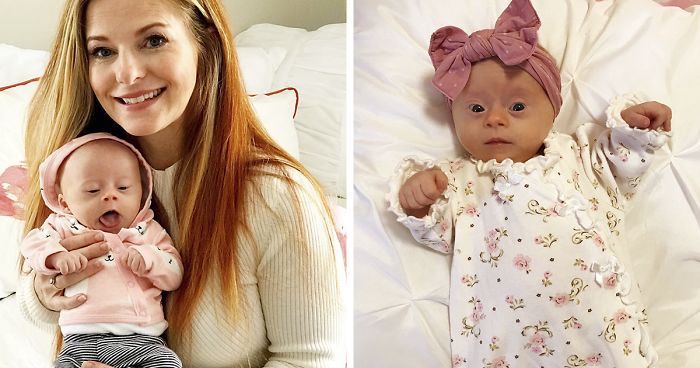
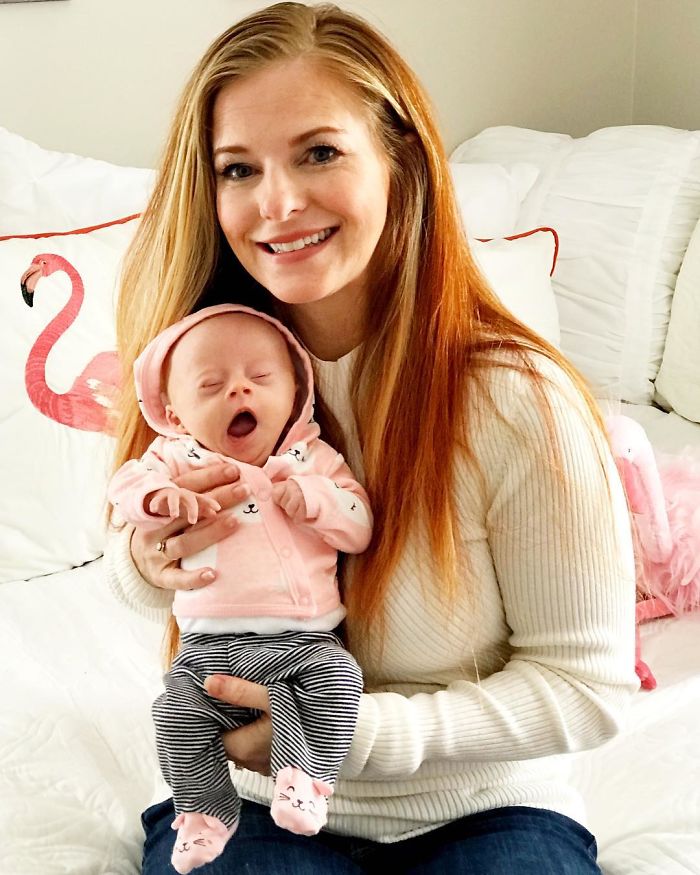
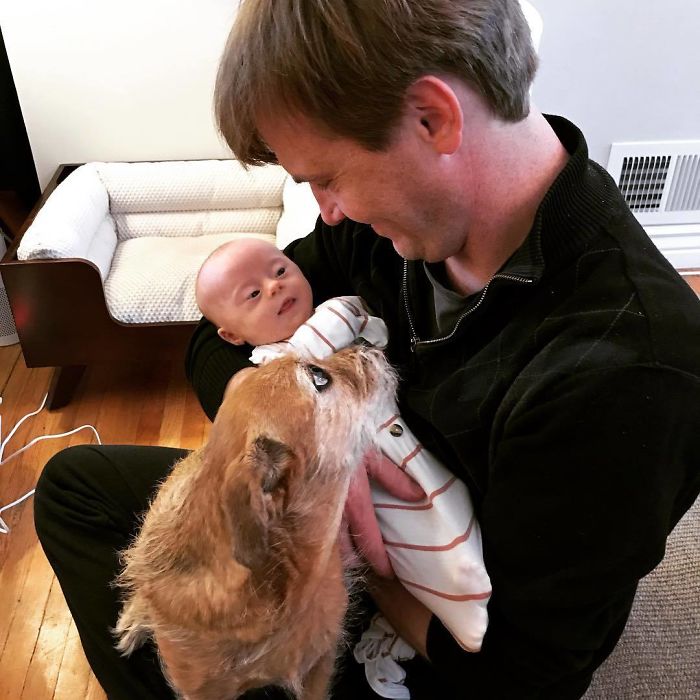
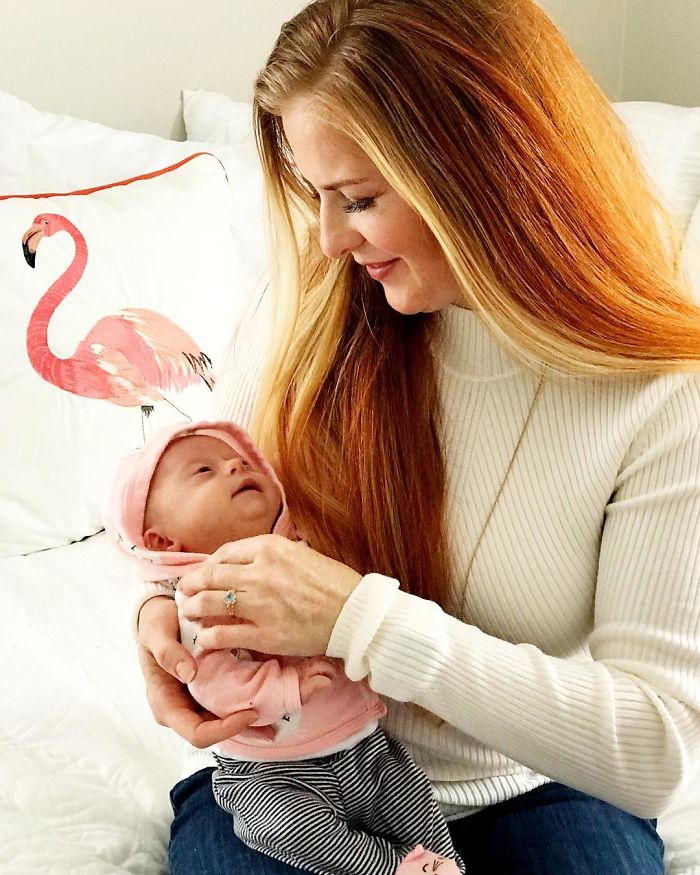



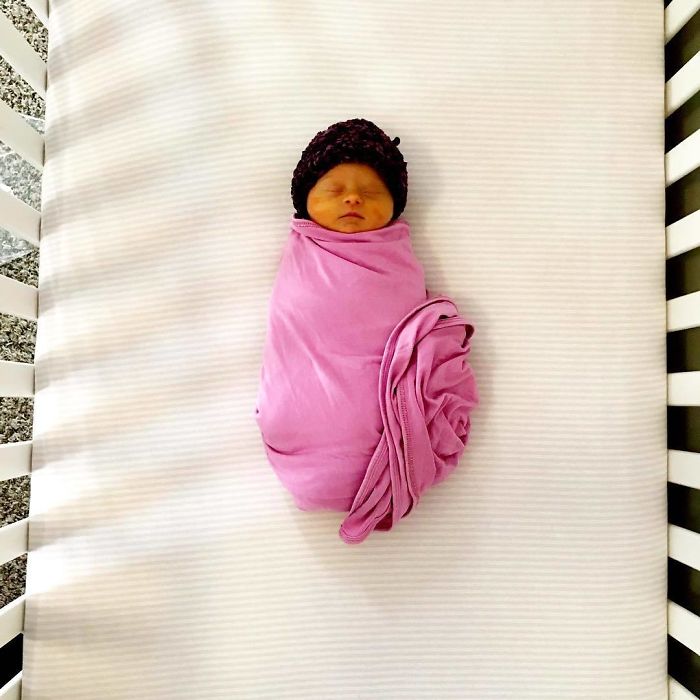
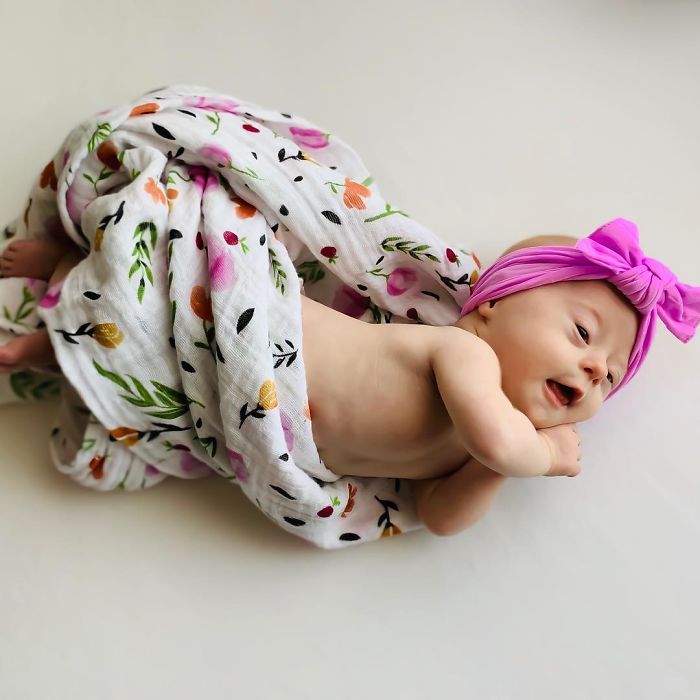
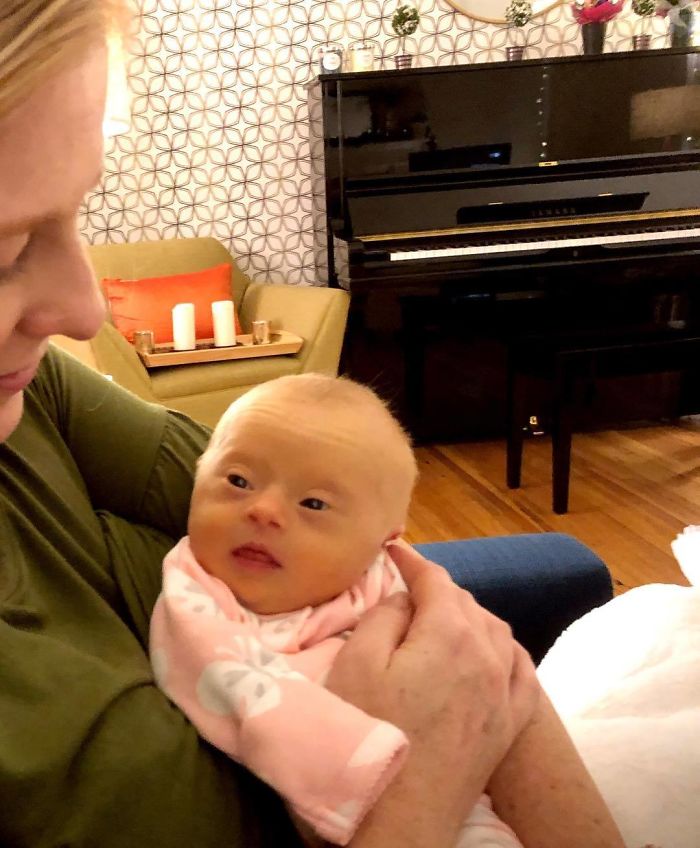
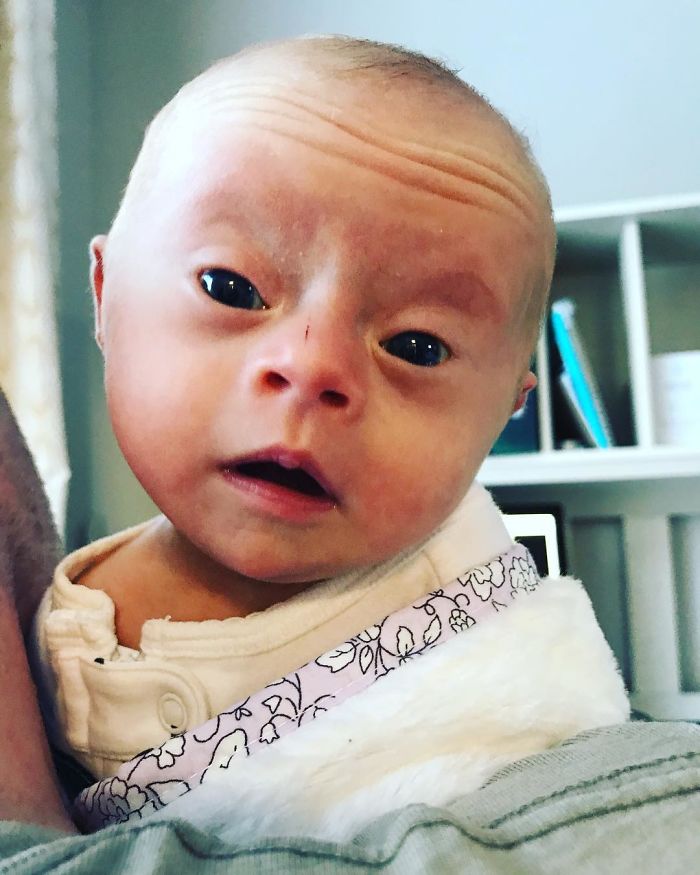
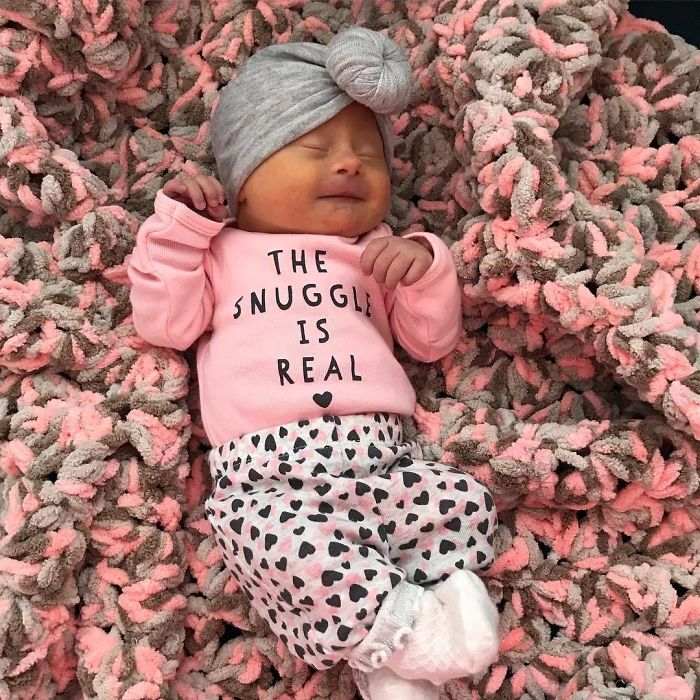

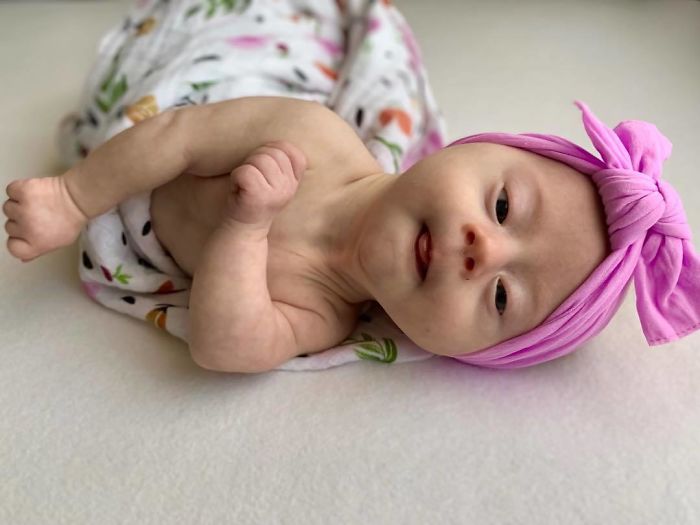
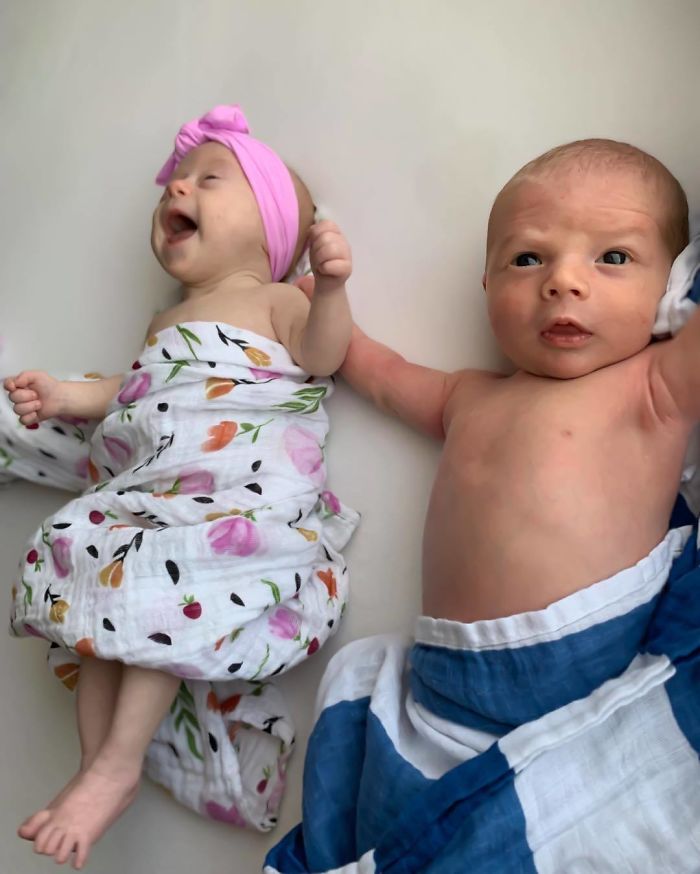
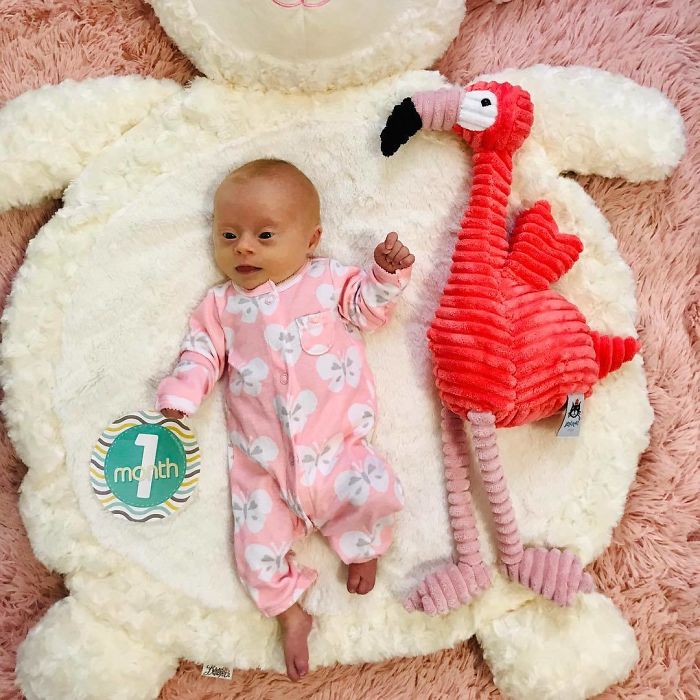



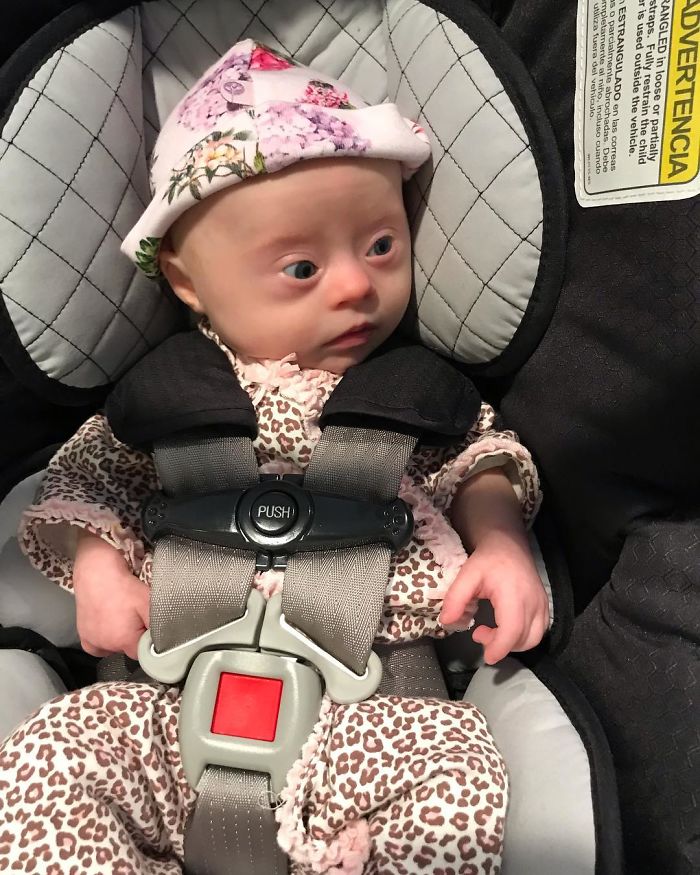

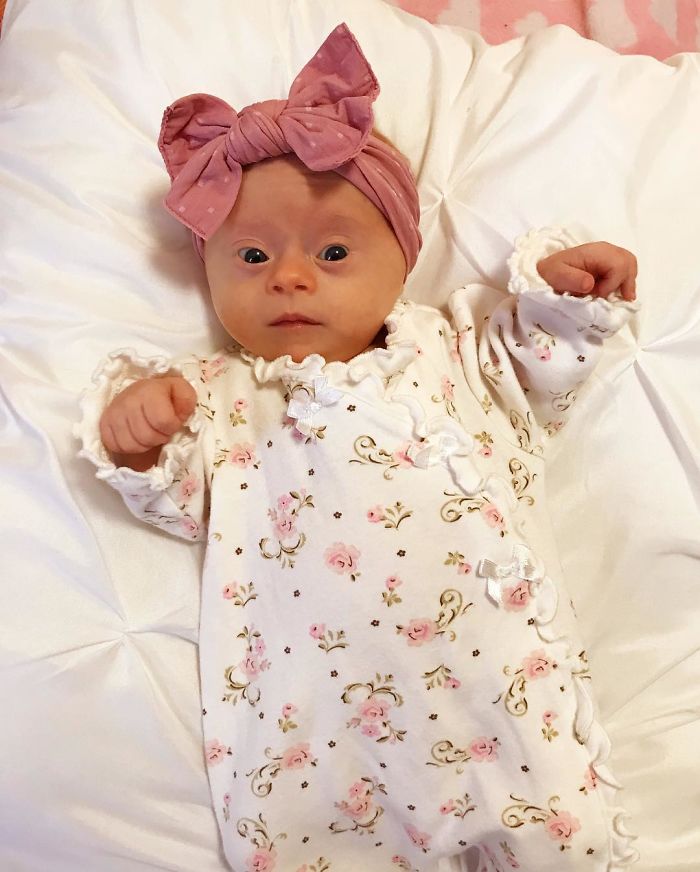
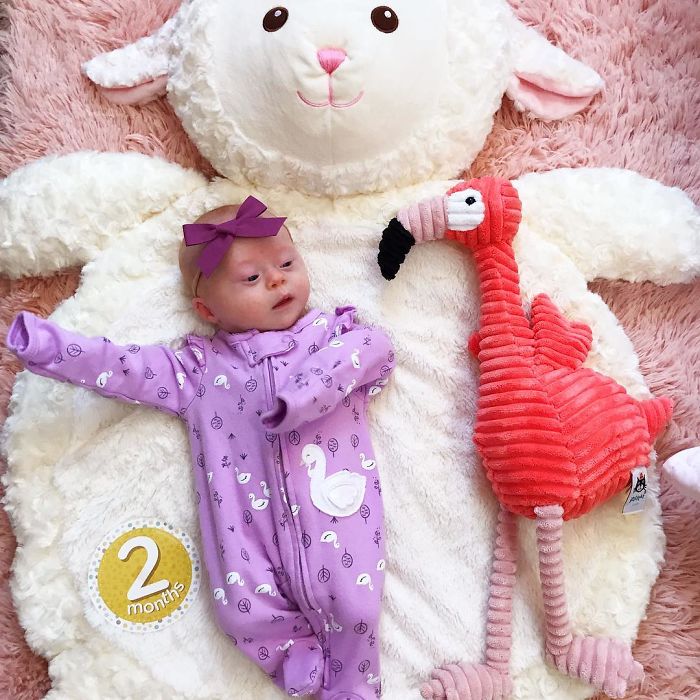

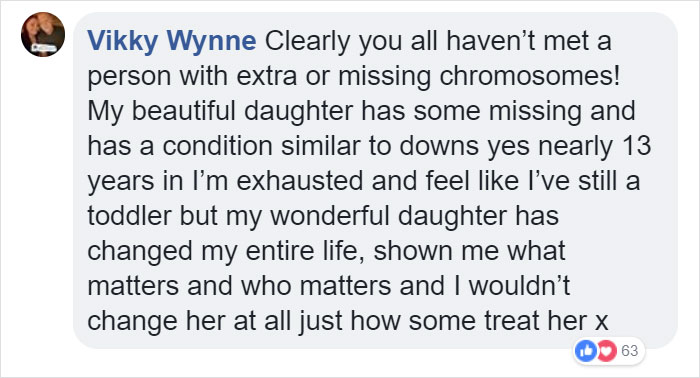

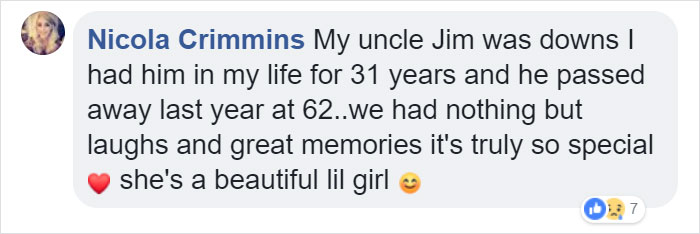
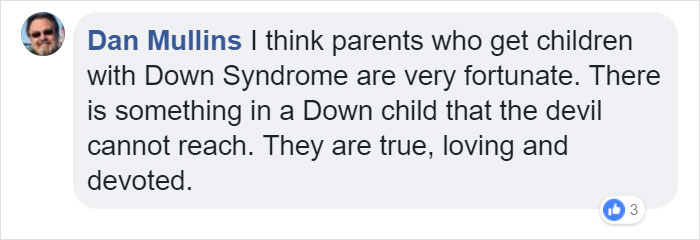




276
105